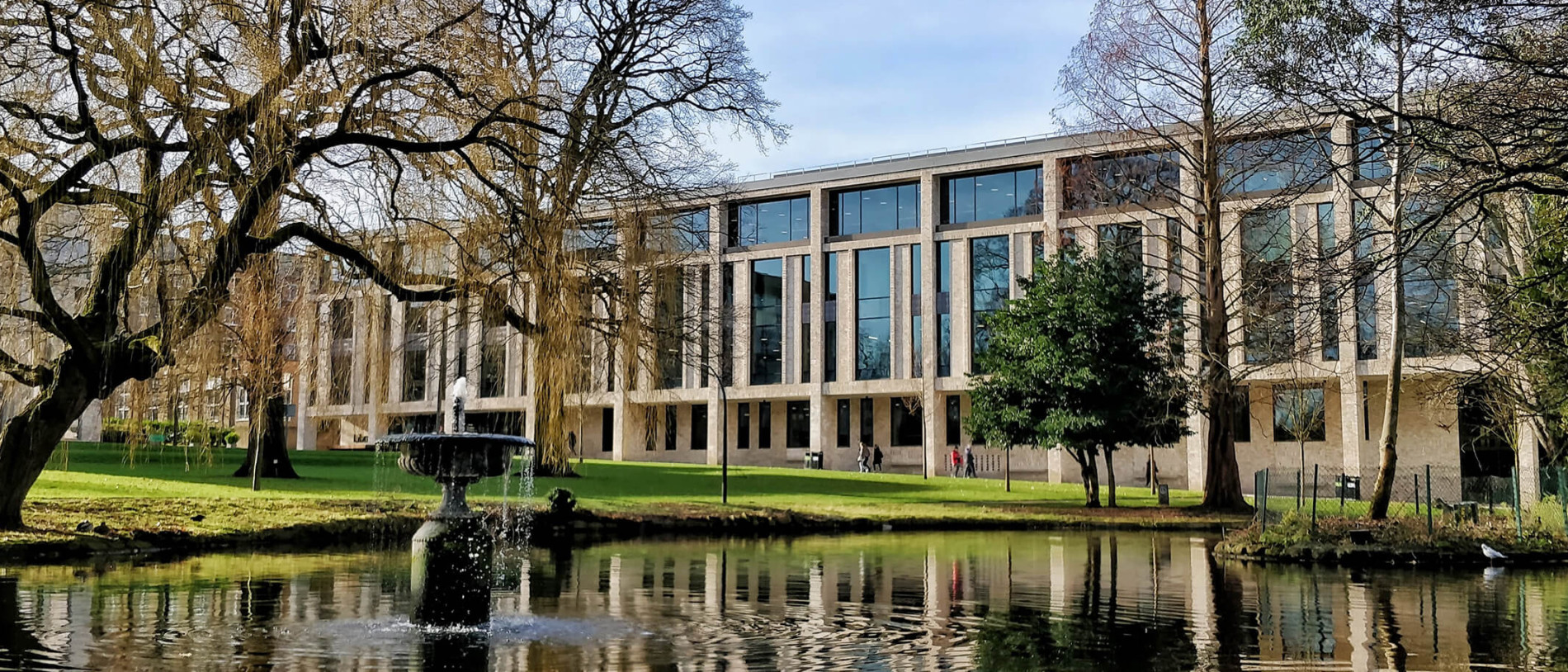

University of Roehampton (London)
Clinical Neuroscience
Study detals
: Master's degree : MSc (Hons) Clinical Neuroscience : Full time : 12 MonthRequirements
Entry requirements
Roehampton English Language Test
- Postgraduate degrees - mapped to IELTs scores
TOEFL IBT
- Postgraduate degrees - 89 overall with a minimum of 17 in listening and writing, 18 in reading and 20 in speaking
IELTS Academic
· Postgraduate degrees – 6.5 overall with a minimum 5.5 in each component
Cambridge Advanced Certificate
- Postgraduate degrees - 176 overall with a minimum 162 in each component (some schools require a minimum of 169 in each)
Cambridge Proficiency Certificate
- Postgraduate degrees - 176 overall with a minimum 162 in each component (some schools require a minimum of 169 in each)
All applicants that require a Tier 4 visa must also meet the minimum English Language requirements before we can issue a Certificate of Acceptance for Study (CAS) that is needed to apply for a Tier 4 visa.
Academic requirements
Along with a complete application, EU and international applicants are required to submit various supporting documents. These include:
- Academic qualifications (certificate and transcript)
- Valid English language qualification
- Personal statement
- Two references
Speciality
There aren’t any pathways available
Additional information
Degree Overview
This programme is designed for students from a range of backgrounds, who are interested in pursuing a career in neuroscience. You will develop a detailed understanding of modern theory and concepts relating to brain research and neuroscience and the application of these principles in the treatment of brain disorders. This course places emphasis on the clinical relevance of recent developments in neuroscience. The development of your research methods skills is an integral part of the course. You will further your understanding of applied neuroscience with a research project which will develop your data handling and analysis skills, use of applied theory and statistics. You’ll be introduced to a diverse range of topics and will have the chance to focus on areas that interest you. Examples of topics that you might cover include: clinical relevance of recent developments in neuroscience, brain imaging techniques and their applications in neurology and psychiatry, neurobiological mechanisms of human brain disorders, effects of nutrition and addiction on brain function, and research methods. You will also discuss ethical issues in clinical neuroscience and develop your ability to critically evaluate current developments in clinical brain research, which are relevant to healthcare. You’ll work with academics who are currently investigating a range of topical issues such as the addictive nature of new psychoactive substances, effects of stress on the brain regulatory systems and the mechanisms of brain cell death and repair using neural stem cells. You’ll also be welcome to attend additional research seminars and discussions on topical developments in neuroscience and health sciences, led by experts.
Study Reasons
- MSc Clinical Neuroscience is recognised by the Federation of Neuroscience Societies (FENS) and included in the Network of European Neuroscience Schools (NENS), which is the highest accolade in European neuroscience teaching.
- This postgraduate programme will prepare you for careers in healthcare, research and academia, the NHS or private sector, and the pharmaceutical industry. You could also go onto further academic study at PhD level.
- You can study flexibly with the option to take stand-alone qualification (PGCert / PGDip) or complete the full MSc